kuì
ashamed
Phonosemantic compound. 忄 represents the meaning and 鬼 represents the sound. Simplified form of 媿.
Evolution

Oracle script
(~1250-1000 BC)
Bronze script
Mid Western Zhou (~900 BC)
Seal script
Shuowen (~100 AD)
Clerical script
Eastern Han dynasty (25-220 AD)Regular script
ModernMost common words with 愧
Freq. | Word | Meaning |
|---|---|---|
ashamed | ||
to be worthy of | ||
to feel guilty | ||
ashamed | ||
fully deserving, without any reservations (idiom); entirely worthy (of a title, honor etc) |
Sources
